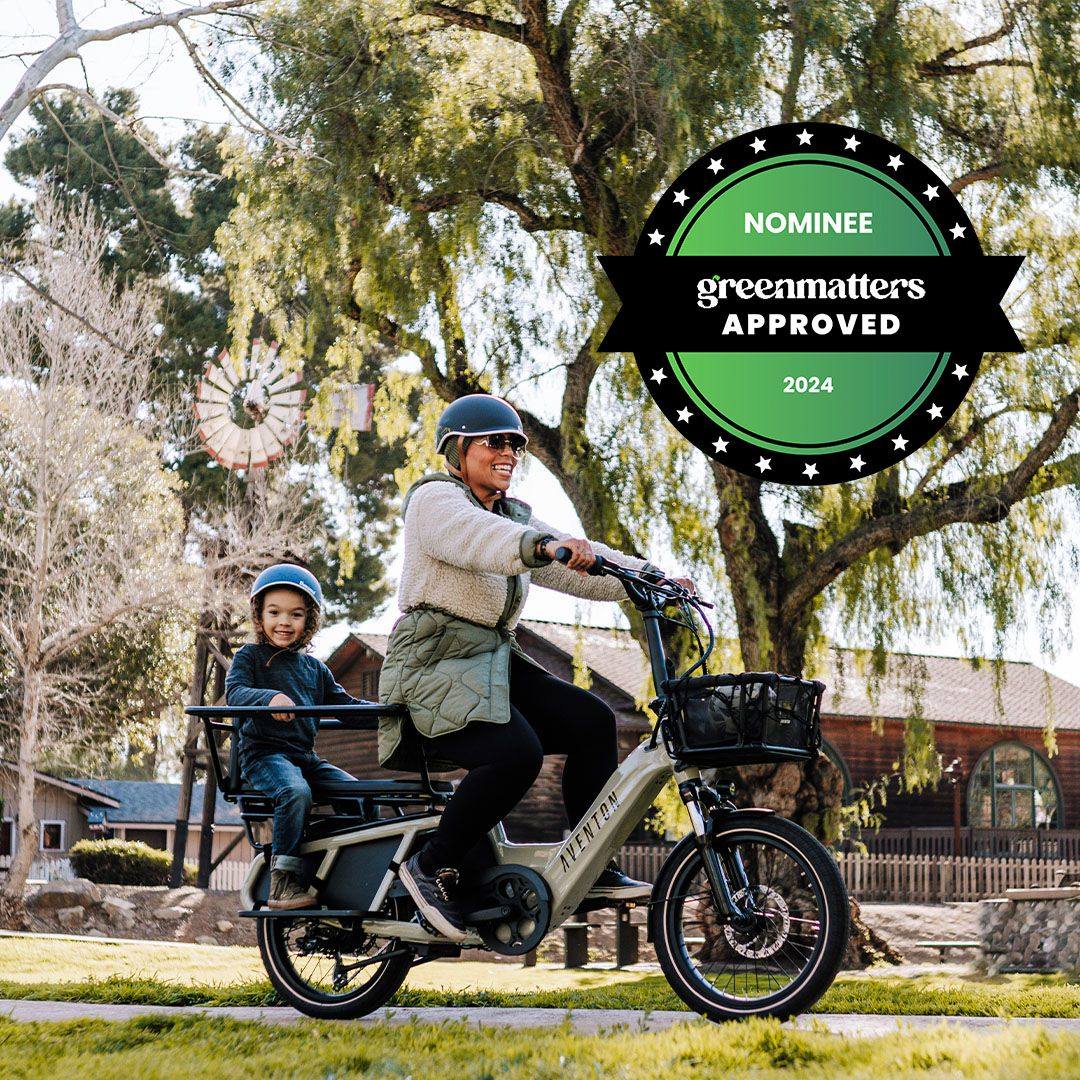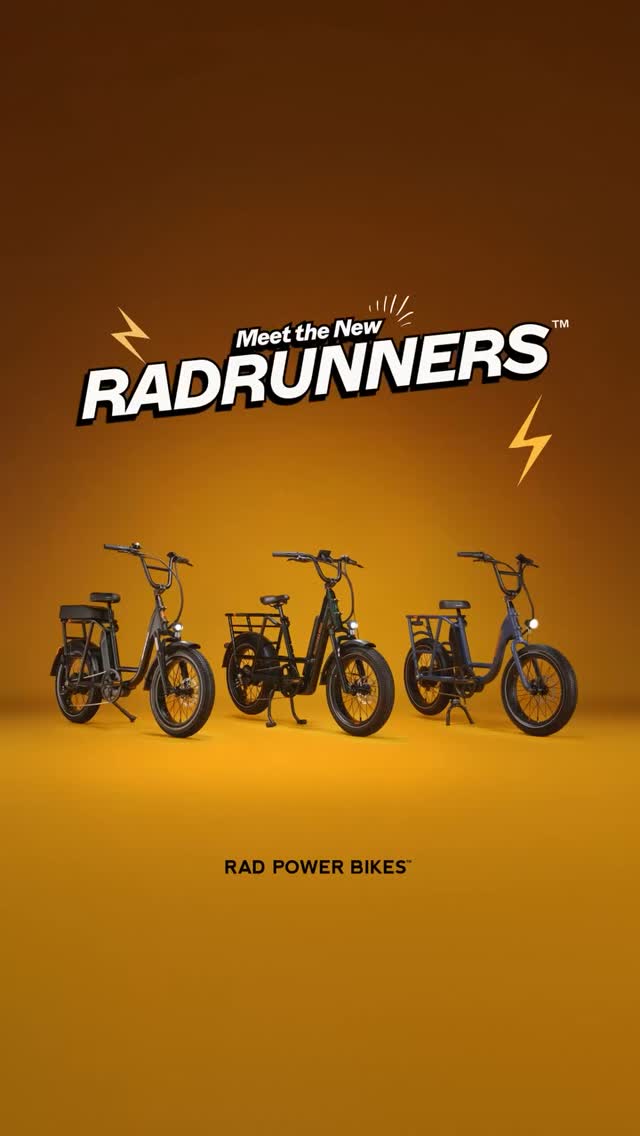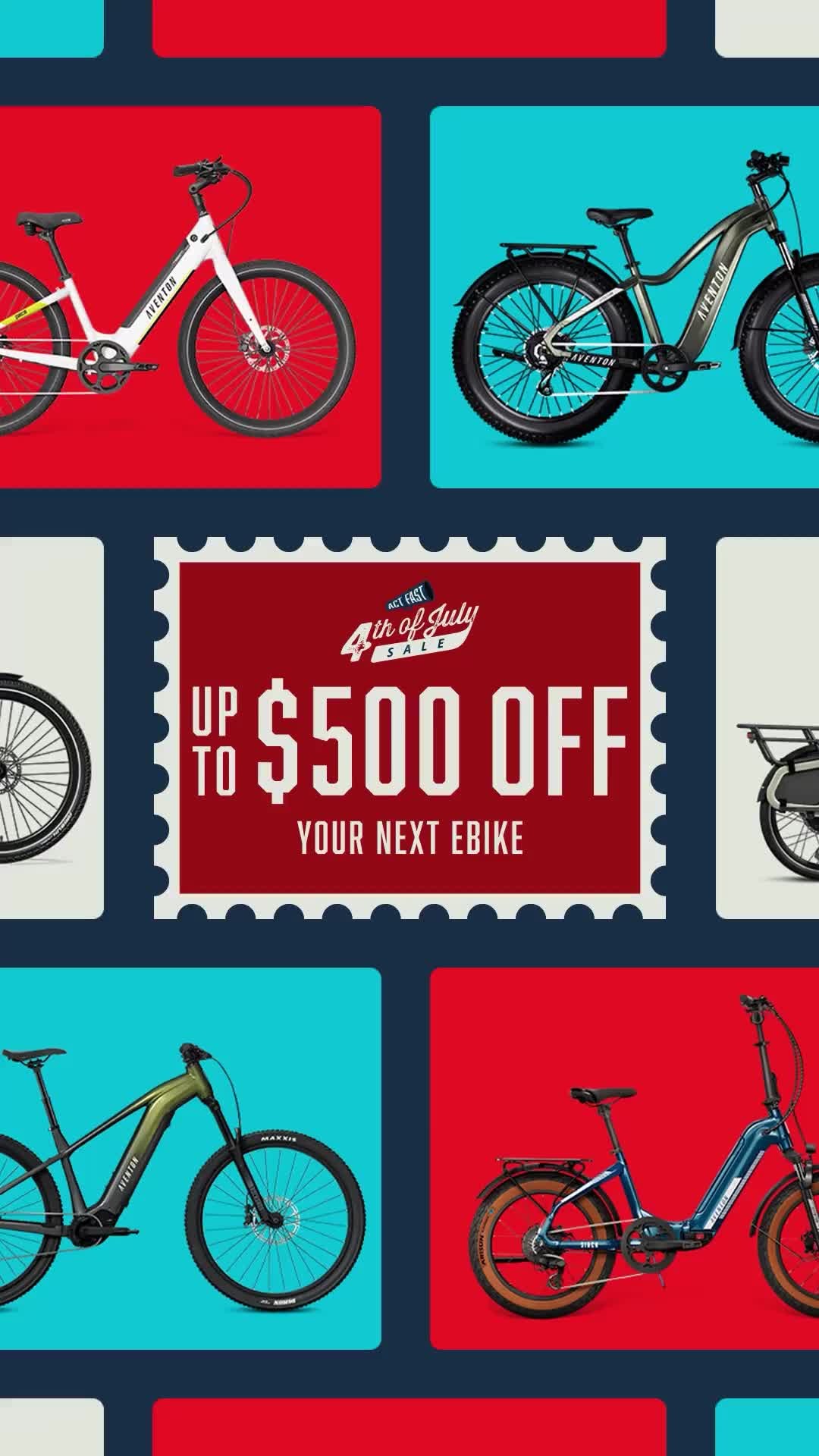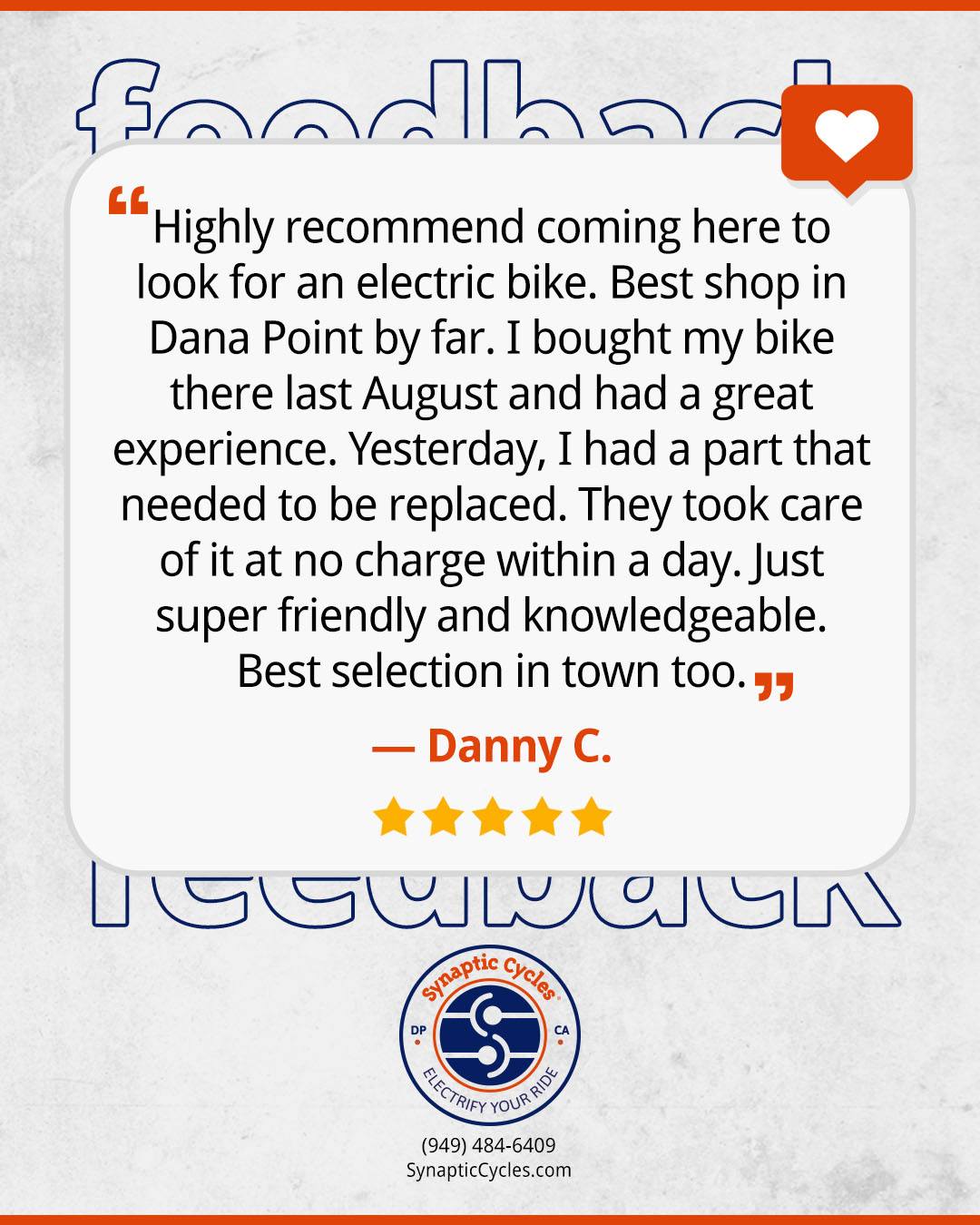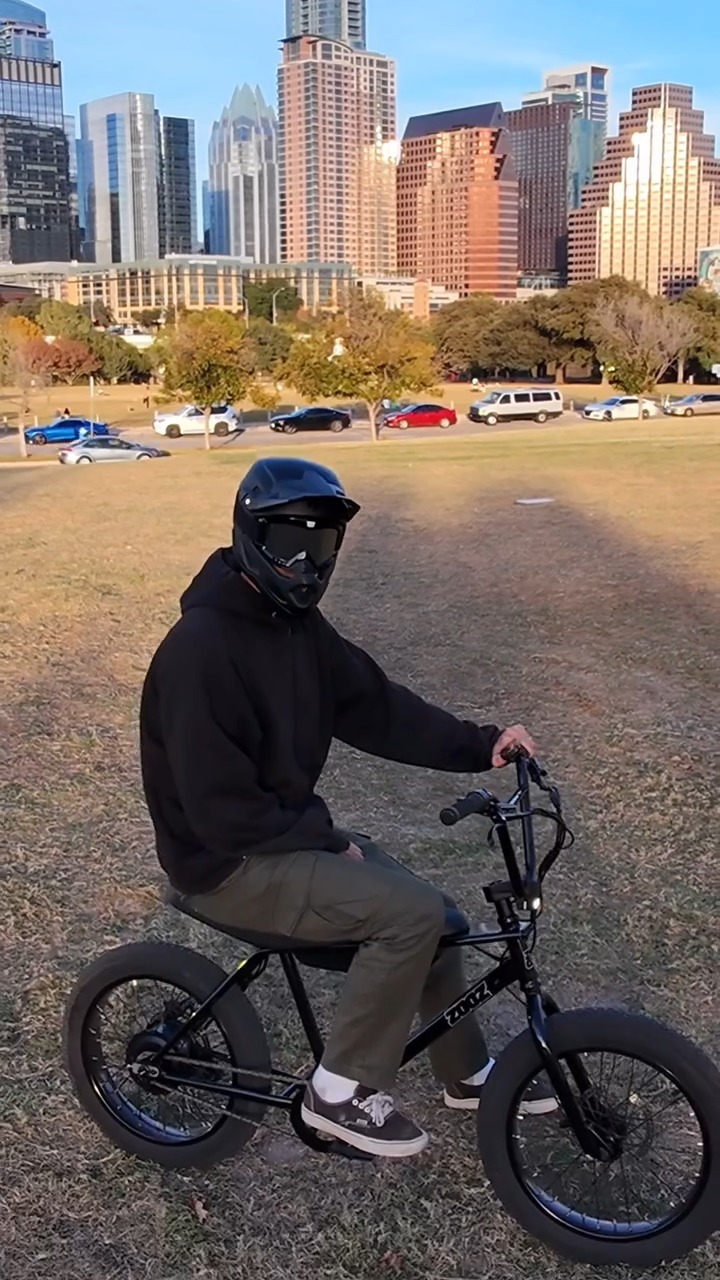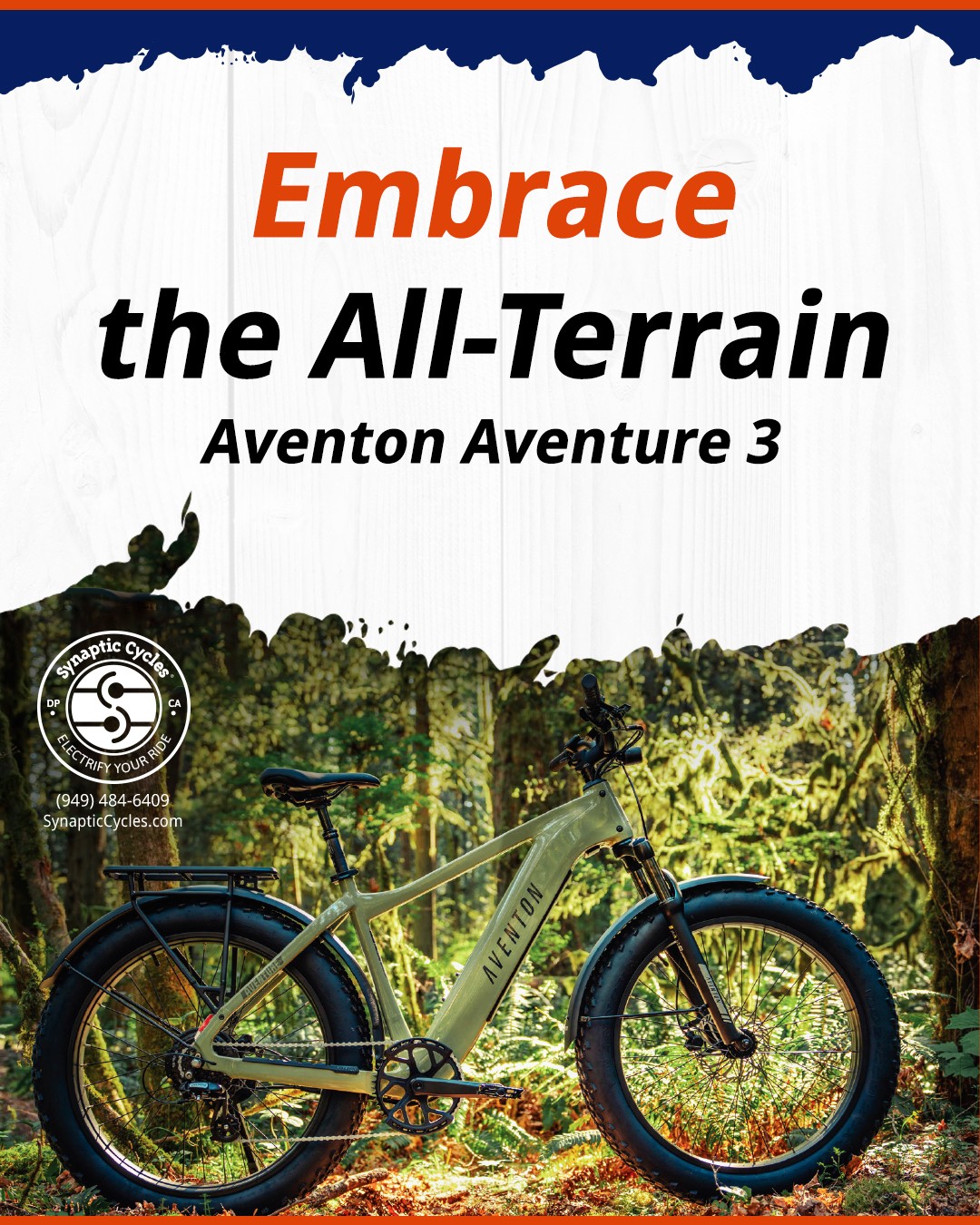From car seats to seat belts, you do everything you can to keep your kids safe when they’re riding in your vehicle. But what about when they’re riding on their own?
Summer is bike riding season, and it’s important to make sure your kids have the right gear, including a properly sized bike, a fitted helmet and a secure lock — and that they know how to use them the right way.
Pediatrician Maria Tang, MD, shares tips that will help both you and your children bike smart all season long.
1. Ride the right bike
Not all bikes are created equal … and they come in a variety of sizes. “Riding an oversized bike is dangerous for a child,” Dr. Tang warns.
A bike that’s too big is difficult for them to control, while riding a bike that’s too small is uncomfortable and cramped, which can be hard to steer. Both scenarios raise the risk of accidents.
“When you’re buying a bike for them, bring them with you so that they can try it out and be sure it’s properly fitted to their size,” Dr. Tang advises. “Have them test ride the bike to be sure it feels comfortable and easy for them to control.”
The best way to be sure the bike is size right for your child is to go to a bicycle shop or other store where knowledgeable employees can help you make your decision. But if you’re buying a bike secondhand, here are some things to look for:
- Seat height: Your child should be able to sit on the bike’s seat with their feet flat on the ground. When they pedal, their legs should be almost fully extended at the bottom of the pedal stroke, with a slight bend in their knee.
- Stand-over height: Ask your child to straddle the bar in the middle of the bike. There should be 1–2 inches of clearance between the bar and their inseam, and both of their feet should be flat on the ground.
- Handlebars: Your child should be able to comfortably reach the handlebars with a slight bend in their arms.
If you’re getting your child’s bike out of the garage for another summer, first be sure it’s still the right size for them. Adjust the seat and handlebar height as needed, then inspect it for safety issues.
“Before your child takes it for a ride, check the bike’s brakes and tire pressure,” Dr. Tang says. “It will likely need air in the tires if it’s been in storage all winter.”
2. Practice bike helmet safety
Injuries can happen anywhere — even in the driveway. And if your kiddo is just riding around the cul-de-sac in front of your house, they need to be wearing a helmet.
And not just any helmet either. A properly fitted bike helmet should cover the forehead and be level on the head. To ensure that the strap is securely fastened, allow two fingers to fit between the strap and the chin.
“Wearing a properly fitted bike helmet is a must for any rider on any bike,” Dr. Tang reiterates. “Like wearing a seatbelt, putting on their helmet should be the first thing your child does before they get on their bike.”
The U.S. Department of Transportation Federal Highway Administration reports that every year, nearly 400,000 kids are treated in the emergency department for bicycle-related injuries — but that universal helmet use would prevent up to 45,000 each year.
Other quick helmet tips:
- Only choose helmets labeled by the Consumer Product Safety Commission (CPSC).
- Don’t use secondhand bike helmets or any helmets made before 1999.
- Discard helmets that are damaged or have been in accidents.
3. Wear the right clothing
Make sure your child knows what type of clothes they should wear when they’re out for a ride.
“Even in the daytime, children should wear bright, neon or fluorescent colors when they’re riding their bikes,” Dr. Tang advises. “I also recommend attaching reflectors, reflective tape or flashing lights to the front and back of their bike.
4. Follow the rules of the road
If you ride bikes as a family, this is a great opportunity to teach your child about the “rules of the road,” or the practices that riders and other motorists are expected to follow to help keep one another safe. The basics include:
- Obey traffic rules: Bicyclists are bound to the same traffic signs, signals and lane markings as other motorists.
- Stop, look and listen: “Teach kids to look left, then right, then left again,” Dr. Tang says. “Stop and look both ways before entering a street or crossing an intersection. And always enter at a corner, not between parked cars.”
- Avoid road riding: Children under age 10 are safest riding on the sidewalk.
- Ride with the flow of traffic: Teach older kids that when they ride in the street, they should always ride in the same direction as other motorists. In the United States, this means riding on the right side of the road.
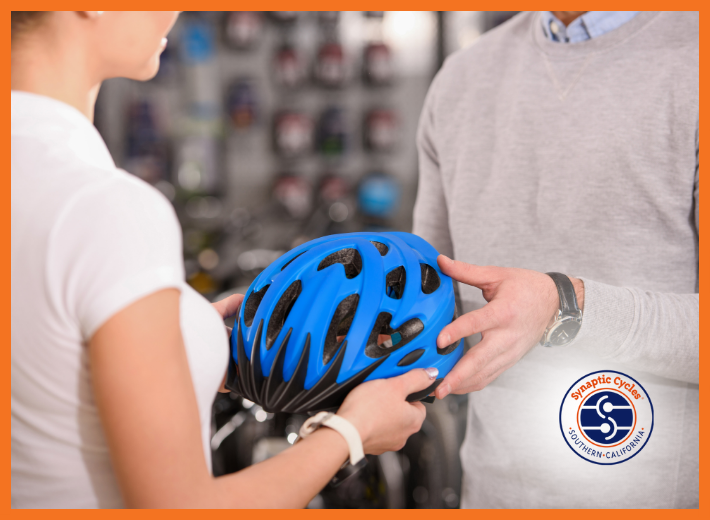 5. Stay alert
5. Stay alert
Everything you know about traffic is completely new to your child, so it’s up to you to teach them what to look for and how to minimize risks — starting from scratch.
“Teach kids not to ride through busy intersections,” Dr. Tang advises. “It’s safest to get off the bike and walk it across the street.”
Kids should also be taught to watch for cars pulling in and out of driveways. It’s all too easy for a driver to miss a child whizzing by on a bike.
6. Use the buddy system
To protect against stranger danger and other types of trouble, teach kids not to ride alone. This way, if one child gets hurt — like if they take a spill — they’ll have a friend with them for support and assistance.
“Kids should ride with at least one friend so they can get help for each other in case of emergency,” Dr. Tang says.
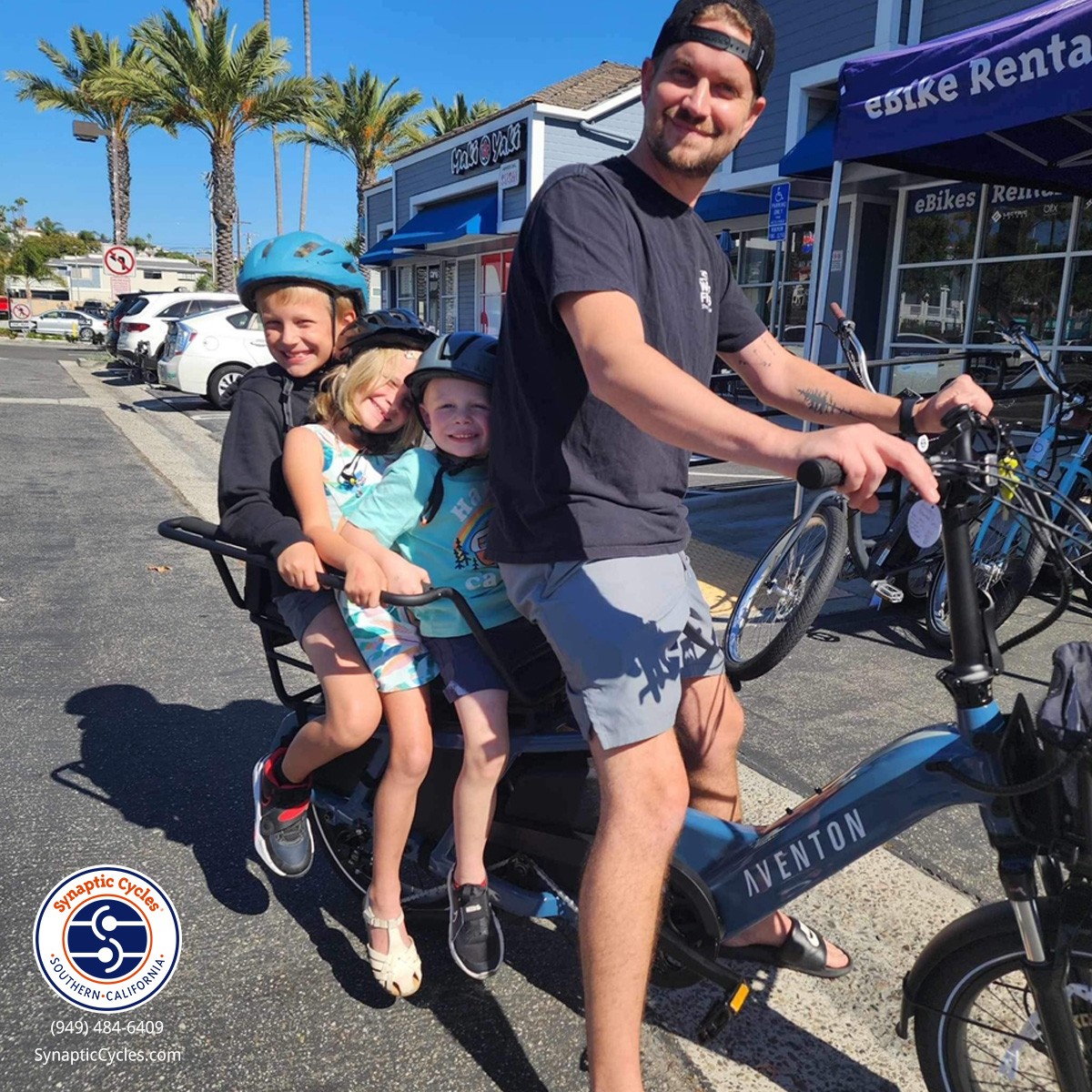 Children also shouldn’t bike at dusk or in the dark. Urge them to call home if it’s getting too late to ride — and reassure them you can bring their bike home in the car or return for it the next day.
Children also shouldn’t bike at dusk or in the dark. Urge them to call home if it’s getting too late to ride — and reassure them you can bring their bike home in the car or return for it the next day.
7. Prevent theft
This isn’t about your child’s safety, but it’s about the safety of their bike — and your investment.
Teach them that when they’re not riding, they should always lock their bike to an immovable object that can’t be lifted over (like a bike rack or a railing). Steel U-locks are the most secure type of bike lock.
Importantly, make sure they understand how to lock the frame of their bike. If they only lock it from a wheel, a handy thief can easily remove that wheel and walk off with the rest of the bike.
8. Model safe biking behavior
Finally, don’t underestimate how much kids learn just by imitating the behavior of their parents and the other grown-ups around them.
“Adults can be good role models for their children by always wearing a helmet and following the rules of the road,” Dr. Tang encourages.
Be safe, have fun and ride on!
 Rent a bike with confidence! Our safe and reliable bikes are perfect for all ages. We provide helmets and safety instructions to ensure a fun and enjoyable experience. Call us today at 949.484.6409. Remember to follow us on Instagram @synapticcycles.
Rent a bike with confidence! Our safe and reliable bikes are perfect for all ages. We provide helmets and safety instructions to ensure a fun and enjoyable experience. Call us today at 949.484.6409. Remember to follow us on Instagram @synapticcycles.
Reference:[https://health.clevelandclinic.org/bike-safety-tips]


